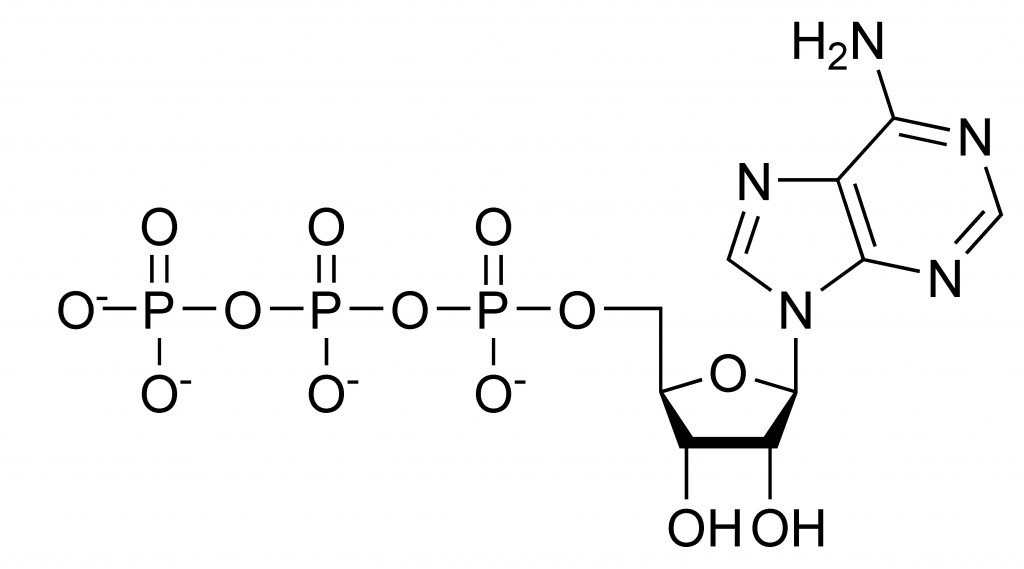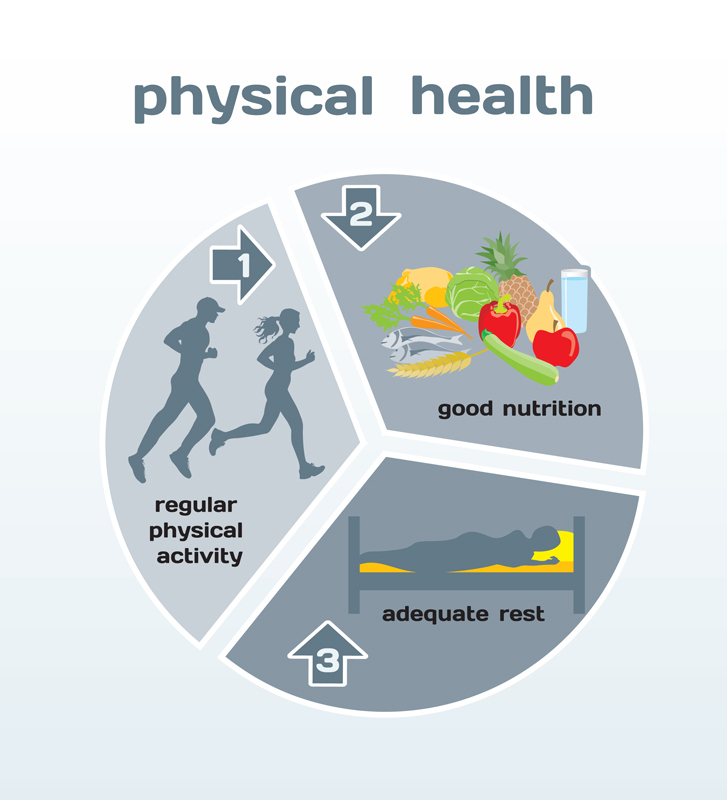Table of Contents (click to expand)
Exercising is hard, but it’s harder to resume the activity after taking a break, but why is that? There are a few reasons for that, from our inherent laziness to not getting enough rest.
Do you feel guilty about missing your scheduled morning run, or your weightlifting session in the gym? Or are you worried that the calories you burnt from your previous exercise session might be in vain because of this break in routine?

Don’t worry. Stay in bed for a few more minutes and instead work on understanding the reason behind that guilt!
There’s a good reason that people exercise as the first step towards their fitness goals, but sometimes they may find themselves unable to continue their workout routine that they’ve set, especially after taking a short break. The question is… why it is so hard to resume exercising after a break?
Before jumping into the crux of the matter, let’s address some underlying biochemical and physiological processes involved in exercise.
Energy For Exercise
All physical activity requires some form of muscle contraction and relaxation, and the muscles require energy to sustain these bio-mechanical processes. The molecule responsible for providing energy is called adenosine triphosphate (ATP), which is the energy currency of the cell. There are two biochemical pathways for ATP formation, depending on the type of respiration being used in that exercise—aerobic and anaerobic. They are discussed below in brief.

| Aerobic | Anaerobic |
|
|
It is clear from the above points that exercise requires energy and has physiological benefits, but that doesn’t mean that there are no downsides. When you take a day or two away from exercising, do you feel energized or lethargic?
If the answer is the latter, there are a few reasons for this feeling. The tiredness that you feel is partly psychological and partly physiological.
Also Read: Why Do We Accumulate Lactic Acid In Our Muscles When We Exercise?
Sore Muscles And Weakened Bones
Doing exercises like running uses a significant amount of glycogen and fat, while intermittent high-intensity exercise like sprinting or weightlifting depend primarily on glycogen for their energy. Thus, glycogen reserves are depleted after intense or long exercise sessions. Rebuilding glycogen reserves is a slow process, so it’s important to add the right amount of carbohydrates in your diet and consume them regularly.
Studies have shown that a state of glycogen depletion is associated with muscle fatigue, although the exact biochemical link between fatigue and glycogen supply is still under investigation.
Further evidence shows that some muscle protein is broken down along with glycogen and fat, due to stress placed on them during exercise. This damage may continue for hours after the exercise session is over. Protein and amino acid supplements assist in muscle growth and are recommended to be consumed, along with carbohydrates.
Joints such as the elbows, ankles and knees, which take the bulk of bio-mechanical stress, need time to adapt to the physical stress and repair from previous damage, at times causing stress fractures.
Mental Fatigue
Exercise also requires mental effort, as we must concentrate on every move and follow a routine. Concentrating for long durations can cause mental fatigue. Mentally tired people think that they exert greater effort than their non-tired counterparts (also called Rate of Perceived Exertion). Thus, mentally tired people may spend less time exercising in order to get more rest.
We also experience psychological resistance to change from current habits. This is known as cognitive inertia. This effect causes people to continue their present resting state and may be partly responsible for the struggle to resume exercise after a break.
Also Read: Travel Fatigue: Why Does Traveling Tire You Out?
Evolutionary Reasons
Thousands of years ago, our ancestors lived as hunter-gatherers. Hunting and foraging required spending energy. Going on a hunt but failing to catch any prey put them in a net energy deficit. Over time, this could lead to weakness and death via malnutrition. As a consequence, they also evolved to minimize energy loss during all non-essential activities by resting as much as possible.
Food sources became abundant and stable when humans transitioned from hunting and gathering to agriculture. Consequently, finding food required considerably less energy.
However, we still possess the genes of our hunter-gatherer ancestors. The body, to an extent, still hoards excess energy and prefers not spending energy on unnecessary activities, like exercise.
The Verdict
Therefore, difficulty resuming exercise after a day or two is due to a combination of physiological and psychological factors. Deteriorating physical health due to poor nutrition, over-exercise and a lack of rest affects physical health and mental health. These are the primary reasons for that feeling of difficulty getting out of the bed after a rest day.

If you find it difficult to resume exercise after that well-deserved rest day, recognize that it’s your body’s way of telling you that some ingredient is missing from your fitness goal. This can derail the journey towards a fitter you, so get over that guilt, take some rest, eat properly, and break your personal record!
Also Read: Why Do We Sometimes Feel Tired All Day, But Wired At Night?
How well do you understand the article above!

References (click to expand)
- SAHLIN, K., TONKONOGI, M., & SÖDERLUND, K. (1998, February). Energy supply and muscle fatigue in humans. Acta Physiologica Scandinavica. Wiley.
- (2004) Regulation of Muscle Glycogen Repletion, Muscle Protein .... The National Center for Biotechnology Information
- Ørtenblad, N., Westerblad, H., & Nielsen, J. (2013, June 7). Muscle glycogen stores and fatigue. The Journal of Physiology. Wiley.
- Brown, D. M. Y., & Bray, S. R. (2018, July 9). Effects of Mental Fatigue on Exercise Intentions and Behavior. Annals of Behavioral Medicine. Oxford University Press (OUP).
- Raichlen, D. A., Pontzer, H., Zderic, T. W., Harris, J. A., Mabulla, A. Z. P., Hamilton, M. T., & Wood, B. M. (2020, March 9). Sitting, squatting, and the evolutionary biology of human inactivity. Proceedings of the National Academy of Sciences. Proceedings of the National Academy of Sciences.
- (2015) Is Exercise Really Medicine? An Evolutionary Perspective. Harvard University
- Alós-Ferrer, C., Hügelschäfer, S., & Li, J. (2016, February 16). Inertia and Decision Making. Frontiers in Psychology. Frontiers Media SA.
- Cintineo, H. P., Arent, M. A., Antonio, J., & Arent, S. M. (2018, September 11). Effects of Protein Supplementation on Performance and Recovery in Resistance and Endurance Training. Frontiers in Nutrition. Frontiers Media SA.
